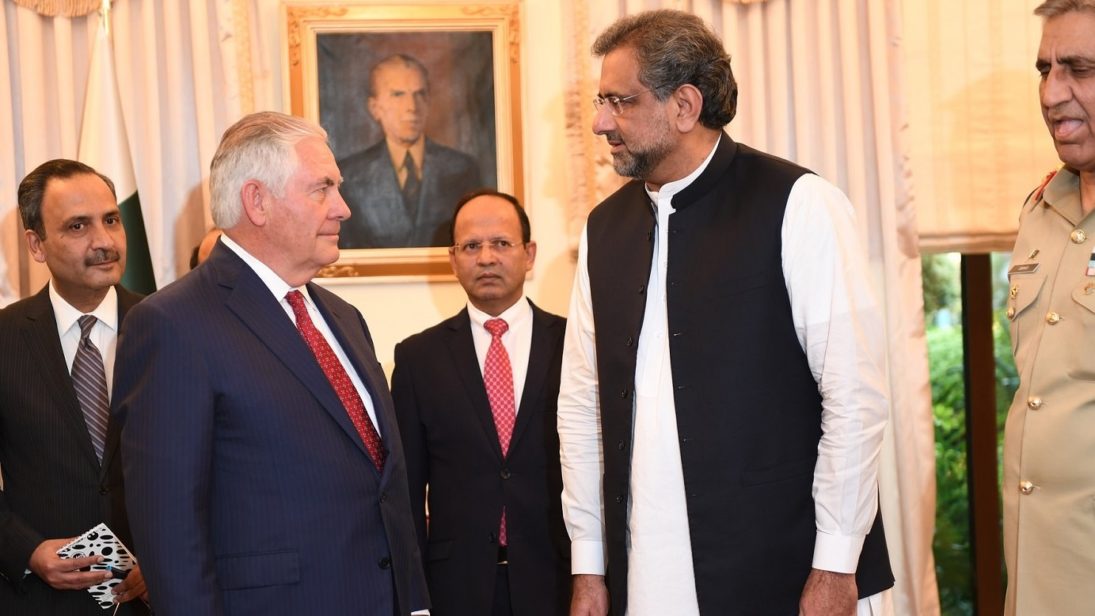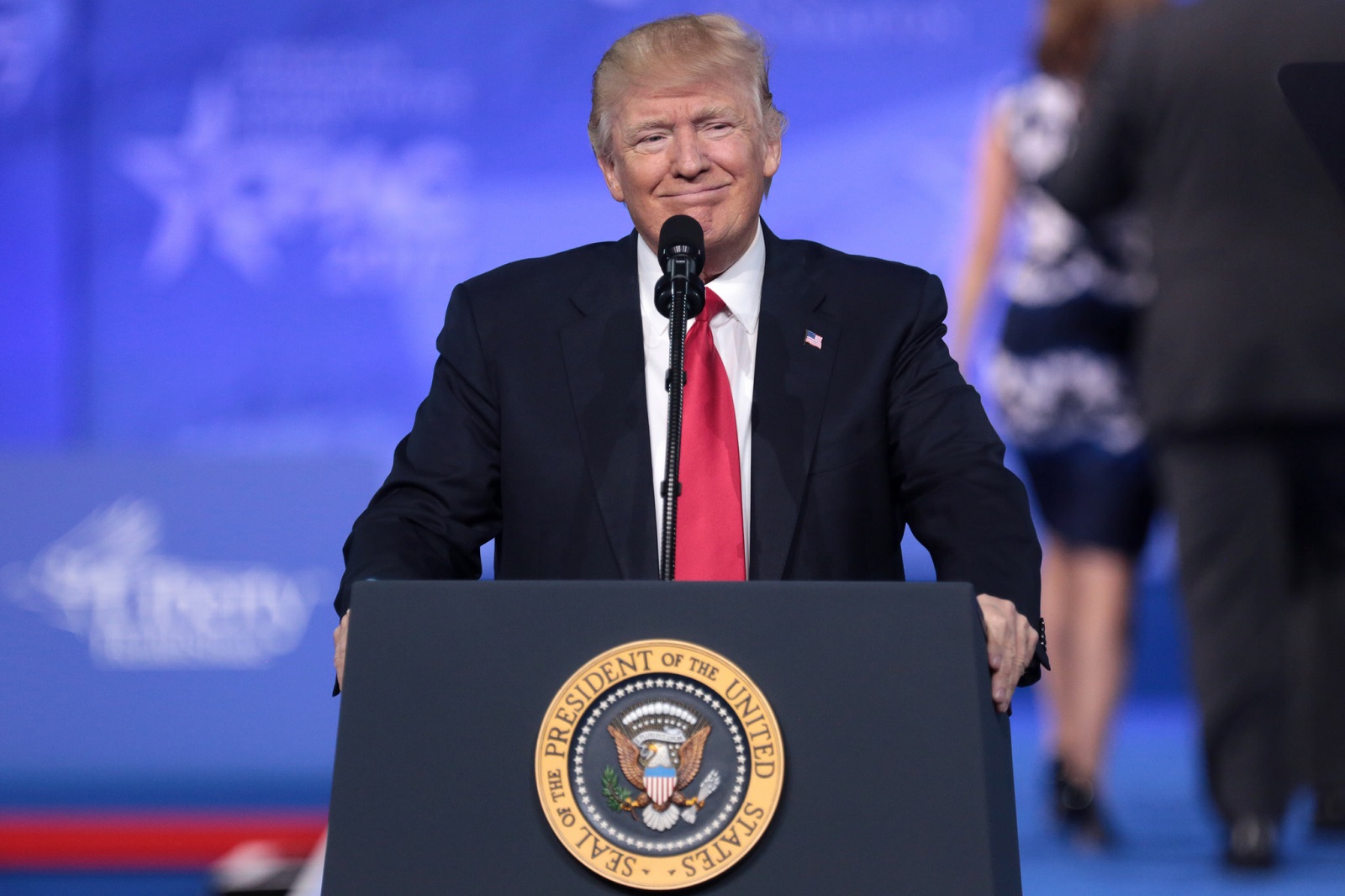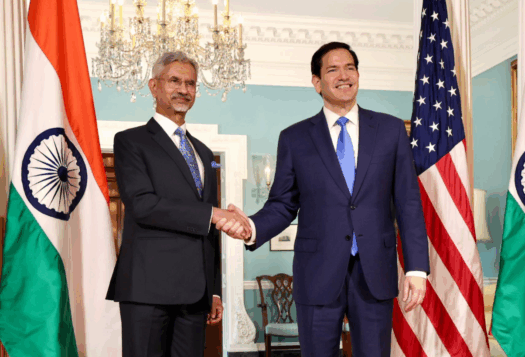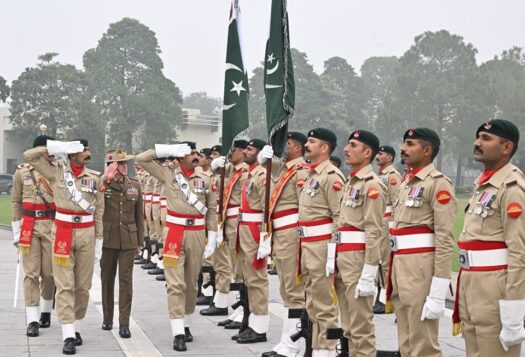
As Rex Tillerson landed in Islamabad this week on his first-ever trip to South Asia as Secretary of State, a question perplexed Pakistani policymakers: What does Washington want from Pakistan? The confusion over U.S. expectations is reflective of the recent downturn in the bilateral ties following U.S. President Trump’s announcement of its new South Asia policy. In his speech, Trump accused Pakistan of providing a safe haven to terrorists fighting U.S. forces in Afghanistan. Washington also called upon India, Pakistan’s chief geopolitical foe, to play an increased role in Afghanistan’s security and development.
Since the policy announcement, Islamabad has contested the United States’ narrative and issued a response laying out Pakistan’s red lines for future counterterrorism cooperation between the United States and Pakistan. As such, Tillerson had a tough task in attempting to improve the bilateral relationship during his visit to Islamabad. Despite some signs of cooperation and high-level talks in recent weeks, Pakistan and the United States continue to remain at loggerheads over the current U.S. strategy in Afghanistan. This deadlock can only be broken through candid conversations over the future course of the conflict in Afghanistan.
Political Uncertainty Undermines Diplomatic Outreach
Tillerson’s brief, four-hour visit to Pakistan, however, is an indication of a mutual desire to keep communication channels open between both countries. High-level exchanges also took place in the weeks leading up to Tillerson’s visit. Earlier in October, Pakistani Foreign Minister Khawaja Asif visited Washington and met with Secretary Tillerson and other senior officials. Aside from diplomatic engagement, security officials from both sides have cooperated on recent strikes against terrorists along the Pakistan-Afghanistan border and in freeing a Canadian-American family held hostage by Haqqani network.
Despite these positive signs, the political environment in both countries is uncertain, making productive engagement difficult. In the United States, the division between certain executive agencies, such as the Departments of Defense and State and the U.S. intelligence community, and the White House has made the formulation of U.S. foreign policy increasingly unpredictable. As we have already seen, a single tweet from President Trump can sink any progress Tillerson and other national security officials might achieve. Likewise, in Pakistan, the political climate is similarly uncertain as the 2018 elections draw closer and the current government manages the fallout of former Prime Minister Nawaz Sharif disqualification from office. As such, Pakistan’s political leadership is more focused on placating its domestic audience than international interlocutors.
Given the politically uncertain environment, the relationship with the United States has been difficult to navigate in recent months for Pakistan’s civilian and military principals. Pakistan has expressed interest in pursuing “peace and stability in Afghanistan,” while the United States underscored Pakistan’s “vital role” in working with other nations to “facilitate a peace process in Afghanistan that can bring stability and security to the region.” As per the U.S. readout of the U.S.-Pakistan delegation-level talks, both sides “share common interests in establishing a stable, peaceful Afghanistan, defeating ISIS in South Asia, and eliminating terrorist groups that threaten” both countries. It reflects counterterrorism-focused and Afghan-centric deliberations between the two delegations. Both sides also released separate press statements about their meeting instead of a joint statement or press conference, which reflects that little progress was made in the bilateral discussions. Of note, there was no mention of the Quadrilateral Coordination Group meeting held earlier this month to revive the peace talks.
Conflicting Narratives Over Terrorism and Chinese Investment
Before departing Afghanistan for Islamabad, Tillerson pressed Pakistan to take action “to undermine the support that the Taliban and the other terrorist organizations receive in Pakistan.” In New Delhi, after his visit to Islamabad, he emphasized that militant groups posed a “threat to stability and security” of Pakistan. Pakistan, meanwhile, has contended that it is already undertaking military operations to eliminate terrorist groups from its soil, and thus, cannot do more. The intransigence of the U.S. and Pakistani positions on the issue of counterterrorism will directly translate into deepening a sense of prevailing mistrust and hardening of existing postures. Each side is expecting the other to move first to address its core concerns.
Foreign Minister Asif recently said that during his visit last week, Secretary Tillerson gave the country’s civilian and military leaders a list of 75 militants operating from Pakistan while Pakistan handed over a similar list to the United States of those attacking Pakistan from Afghan soil. Neither side appears willing to take action first.

Pakistan remains frustrated with the perpetual U.S. demand to “do more” in Afghanistan, especially since the continued U.S. presence in the region could bring new strategic challenges for Pakistan. These challenges include a hostile government in Kabul, an expanded Indian footprint in Afghanistan, and efforts to undermine the China-Pakistan Economic Corridor (CPEC). Pakistan emphatically contends that it has undertaken a concentrated counterterrorism campaign across the country, particularly in the tribal region bordering Afghanistan and has consequently received such calls to “do more” with some measure of indignation.
From the perspective of the Pakistani strategic community, the Trump administration has waded into a dangerous territory by attempting to take advantage of the India-Pakistan rivalry to pressure Pakistan into altering its Afghan policy. What Washington likely fails to realize is that such a strategy is bound to be counterproductive. Islamabad will only dig in and harden its current posture since an enhanced security role for India in Afghanistan is perceived as directly inimical to Pakistan’s national security interests. As a direct participant in the Afghan conflict for nearly four decades, Pakistan cannot silently watch its rival gain strategic space across its western border.
Other than Afghanistan, recent opposition to China’s One Belt, One Road (OBOR) by top U.S. officials, including Tillerson and U.S. Defense Secretary Mattis, has also created unease in Islamabad. Though U.S. and Pakistani press statements did not make direct reference to CPEC or OBOR, given Pakistan’s strategic outlook towards the development initiative it is likely that these initiatives were brought up during discussions in Islamabad.
For Washington, it is crucial to recognize that the Pakistani state and society view CPEC as an opportunity to revitalize the economy after a decade of slow growth and internal strife. The United States’ opposition to a development initiative due to a strategic rivalry with China will thus only further antagonize Pakistani policymakers and populace. As such, if the United States cannot support CPEC, it should at least refrain from hindering it. Meanwhile, efforts to expand the economic component of the U.S.-Pakistan relationship could help to rebuild the trust between the two nations.
Secretary Tillerson’s visit reflects the desire in Islamabad and Washington to avert a rupture in the bilateral relationship. A complete breakdown will undermine Pakistan’s own national interests. At the same time, the Trump administration should reevaluate its South Asia strategy and hold direct talks with Islamabad over the latter’s “critical role in the region.” Without a candid conversation on contentious issues, and most importantly on the Afghan conflict, the bilateral relationship will not move forward in a substantial way.
***
Editor’s Note: Click here to read this article in Urdu
Image 1: U.S. Department of State via Flickr (cropped)
Image 2: Gage Skidmore via Flickr


